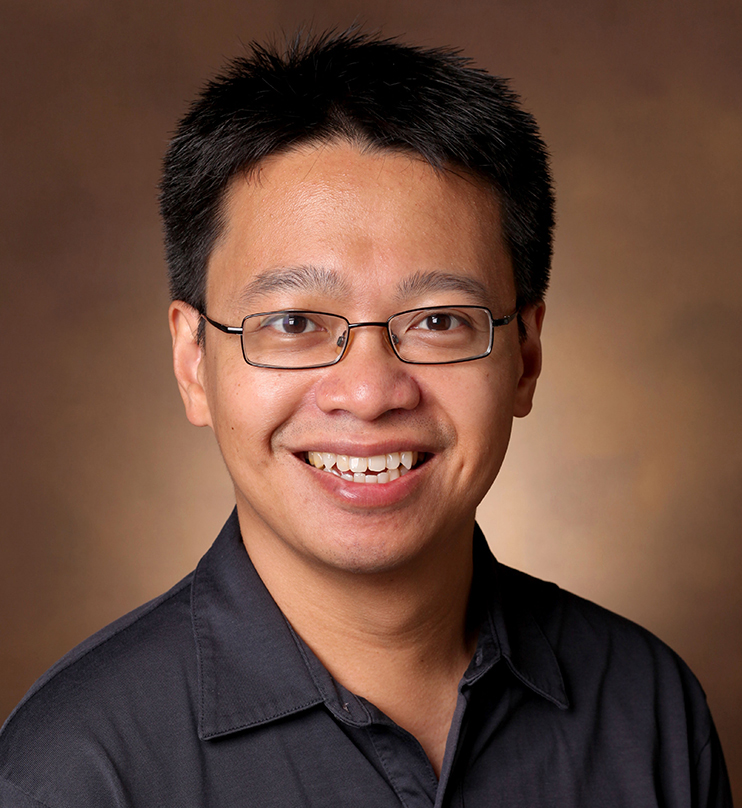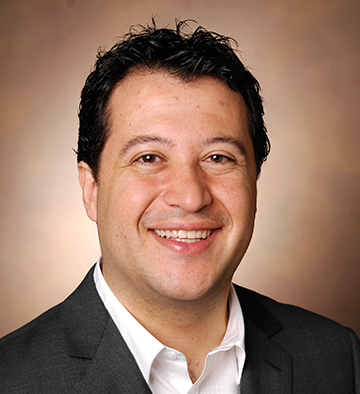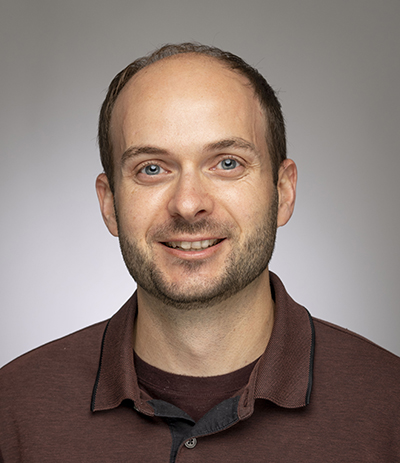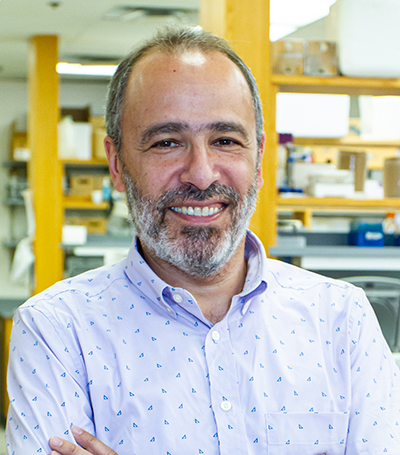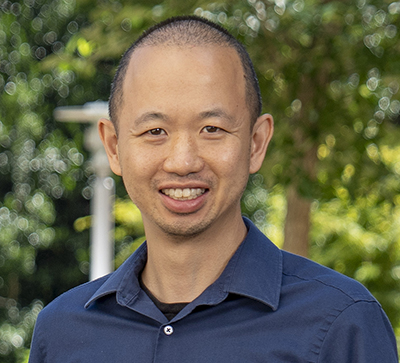News
Manny Ascano promoted to associate professor with tenure!
Feb. 14, 2022—Manuel Ascano, Jr., Ph.D., Biochemistry Department has been promoted to Associate Professor with tenure! Dr. Ascano is also the Associate Professor or Pathology, Microbiology & Immunology, the Director of Graduate Studies for Biochemistry, and Dean Faculty Fellow. His research focuses on DNA/RNA detection and regulation in innate immunity & viral pathogenesis. The research program of the Ascano laboratory is centered on...
Pietenpol named chief scientific and strategy officer
Feb. 10, 2022—Jennifer Pietenpol, PhD, director of the Vanderbilt-Ingram Cancer Center (VICC), Benjamin F. Byrd Jr. Professor of Oncology and Executive Vice President for Research for Vanderbilt University Medical Center, is stepping down on June 30 from her long-held role as the Cancer Center’s director to focus on a combined leadership role for VUMC as chief scientific...
Impaired neutrophils in autoimmunity
Jan. 27, 2022—Patients with autoimmune diseases such as systemic lupus erythematosus (SLE) have higher blood levels of the protein S100A9, but the source of this protein has not been identified. Andrew Monteith, PhD, Eric Skaar, PhD, MPH, and colleagues reasoned that high S100A9 may reflect increased levels of the protein in neutrophils, where it influences antibacterial activity...
Eichman, Meiler and five Vanderbilt faculty elected AAAS fellows in 2021
Jan. 26, 2022—Seven Vanderbilt University and Vanderbilt University Medical Center faculty members have been elected 2021 fellows of the American Association for the Advancement of Science, an honor bestowed upon AAAS members by their peers. Among those elected is Provost and Vice Chancellor for Academic Affairs Cybele Raver, for her contributions to improving early childhood learning and...
First-time isolation of Glucose-6-phosphatase leads to novel discoveries
Jan. 25, 2022—Researchers from the labs of Hassane Mchaourab and Richard O’Brien, both professors of molecular physiology and biophysics, have successfully isolated active glucose-6-phosphatase (G6Pase) and characterized its biophysical and biochemical properties. G6Pase dysfunction is a primary contributor to metabolic diseases, including diabetes, and labs have been trying for years to isolate it without success. “This work...
Lopez lab develops computational tools to further understanding of complex biological systems
Jan. 20, 2022—The history of hermeneutics started with Aristotle—parts comprise the whole. To understand the whole, we need to understand the parts. And to understand the parts, we need to understand them in the context of the whole. Carlos F. Lopez, associate professor of biochemistry, described this concept and its connection to systems biology. The biomedical research...
Vanderbilt scientist’s team project wins $55,000 to research fundamental cell behavior
Jan. 7, 2022—Lars Plate, assistant professor of chemistry and biological sciences, is on a team that won $55,000 from Scialog’s initiative, Chemical Machinery of the Cell. The award—one of 24 granted to 21 researchers in the U.S. and Canada—will enable Plate to pursue collaborative research to advance fundamental understanding of chemical machinery and reactions in intact cells. Scialog’s name is a mélange of...
Study explores how bacteria become drug resistant
Jan. 6, 2022—Researchers at Vanderbilt University and the University of Arizona have revealed more of the inner-workings of a two-stage “molecular motor” in the cell membrane that enables bacteria to become resistant to drugs. Their findings, which were reported recently in the journal Nature Chemical Biology, will aid the search for inhibitors that can “turn off” the...
Vanderbilt extends its longest ongoing drug discovery agreement with pharmaceutical company through 2023
Dec. 22, 2021—Vanderbilt has extended its longest ongoing drug discovery agreement with Osaka, Japan-based Ono Pharmaceutical Co., Ltd., a research and development-oriented pharmaceutical company that is committed to creating innovative medicines in specific areas, through November 2023. The initial agreement was signed in November 2015, and this was its fourth extension. Vanderbilt’s participation will continue to be...
Study sets framework for precision surveillance of colorectal cancer
Dec. 17, 2021—A team of Vanderbilt researchers has revealed some of the mechanisms by which polyps develop into colorectal cancer, setting the framework for improved surveillance for the cancer utilizing precision medicine. Their study, published Dec. 14 in Cell, describes findings from a single-cell transcriptomic and imaging atlas of the two most common colorectal polyps found in...
